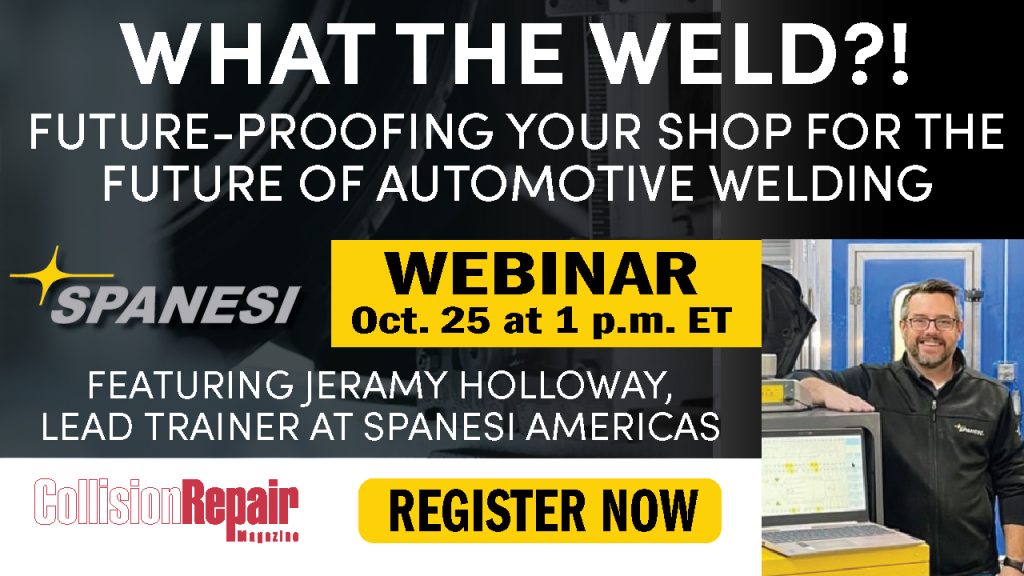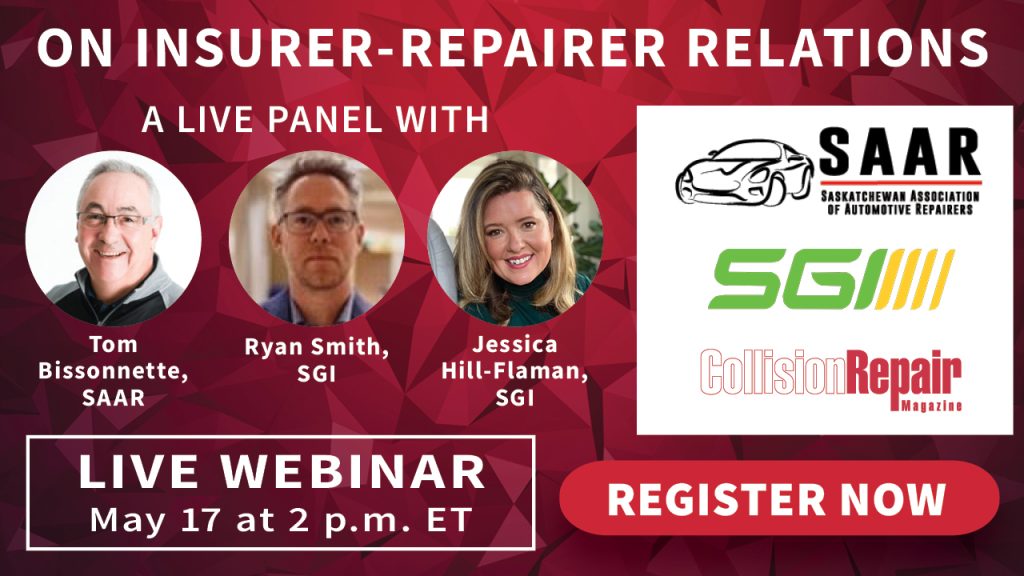Amsterdam, Netherlands — Following a two day 24-hour challenge event in Amsterdam, Netherlands, which concluded November 22, AkzoNobel partners have developed sustainability initiatives for future carbon reduction goals.
Partners who attended the two day event included representatives from Allianz, Arval, Boekhorst Autoschade, centro Zaragoza, Den Elzen Autoschade, Europcar Mobility Group, Grupo Velasco, Toyota and the Vella Group.
These AkzoNobel partners joined together to form six exploration groups with specific sustainability projects based around AkzoNobel’s science-based sustainability targets to halve carbon emissions across the full value chain by 2030 (as compared with a 2018 baseline).
One of the exploration group goals developed during the event was the future optimization of repair manuals for bodyshops to enhance reparability and circularity.
Another exploration group goal included establishing an academy for training automotive and repair companies in sustainability.
Commenting on the highly successful event, AkzoNobel’s Commercial Director for Vehicle Refinishes EMEA, Ignacio Román Navarro, said, “we all have ambitious targets when it comes to addressing climate change, but it’s impossible for any of us to achieve them in isolation – collaboration is essential. So it’s been fantastic to see everyone come together, exchange ideas and make a real commitment to jointly explore what’s possible. I’m looking forward to seeing how we can take forward the challenges that came out of this program as we strive to collectively accelerate our sustainability journey.”
“This event was a great starting point for us to work together and make a tangible impact on our goals. It’s something we simply have to do and, ideally, further along the road we’ll be able to transfer what we’re doing to other regions, so they can hold similar challenges that will make a real difference to achieving our ambitions.”
Carlo van de Weijer, General Manager of Eindhoven AI Systems Institute, who was one of the event’s keynote speakers further commented that “when confronted with big societal problems, such as reducing our carbon footprint, we must do more to innovate ourselves if we’re going to help solve these issues. It means the whole vehicle repair value chain has to put more effort into innovation. We should also remember that tomorrow’s major breakthroughs nearly always start with what first seemed like yesterday’s crazy idea.”





























































